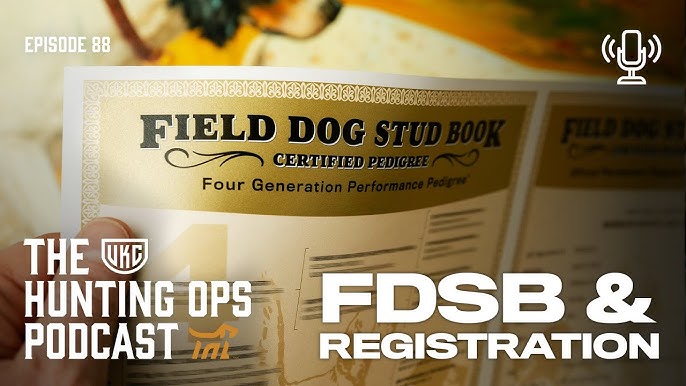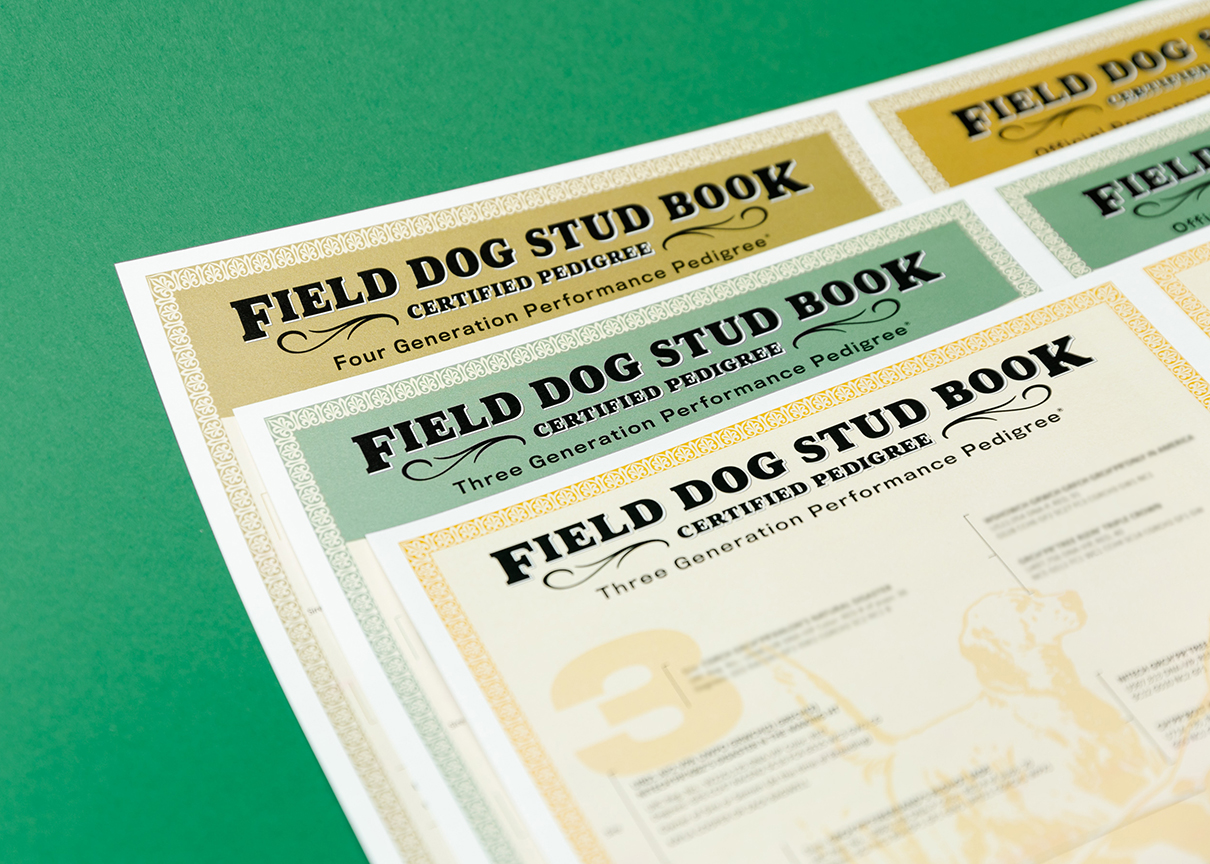My First Encounter with the Field Dog Stud Book
So I was at my buddy’s hunting cabin last fall, sipping coffee while his pointer dogs went nuts over some quail scent. Mark suddenly asks if I’d ever registered my retriever with “the field dog stud book”. I just stared blankly like he’d spoken Martian. Hunting dogs are serious business here in Montana, but this sounded like some elite secret society.

Digging Into the Mystery
Next morning, I stormed our tiny town library. Flipped through moldy dog breeding pamphlets till my nose itched from dust. No dice. Then at the feed store, Old Man Jenkins chuckled when I asked: “That ain’t no literal book son!” Turns out it’s this massive certification program run by bird hunting folks since forever ago.
Here’s what my digging uncovered:
- It’s basically doggy ID records – Tracks which dogs are legit hunting stock with proven bloodlines
- Breeders live by this – Good FDSB papers hike puppy prices crazy high
- Not just fancy paperwork – Dogs actually get tested in real hunting scenarios
Why This Matters for Hunters Like Us
Last weekend finally clicked why Mark cared so much. We’re waist-deep in marsh water when his FDSB-registered labrador nails three duck retrieves blindfolded. My mutt? Still chewing reeds on shore. Those certification trials weed out dogs that freeze at gunshots or can’t handle rough terrain.
Three big takeaways from my research:
- Always check FDSB papers before buying hunting pups – saves heartache later
- Join local field trial events – even if your dog’s not competing, you learn tons
- Don’t trust online-only registries – paper mills won’t help your dog retrieve in icy water
The Verdict After All This
Honestly, I used to think breed papers were just breeder nonsense. Now my new lab puppy’s waiting on her FDSB paperwork. Still hate the name though – sounds like some dusty library archive instead of what matters: knowing your dog won’t bail when birds drop.

